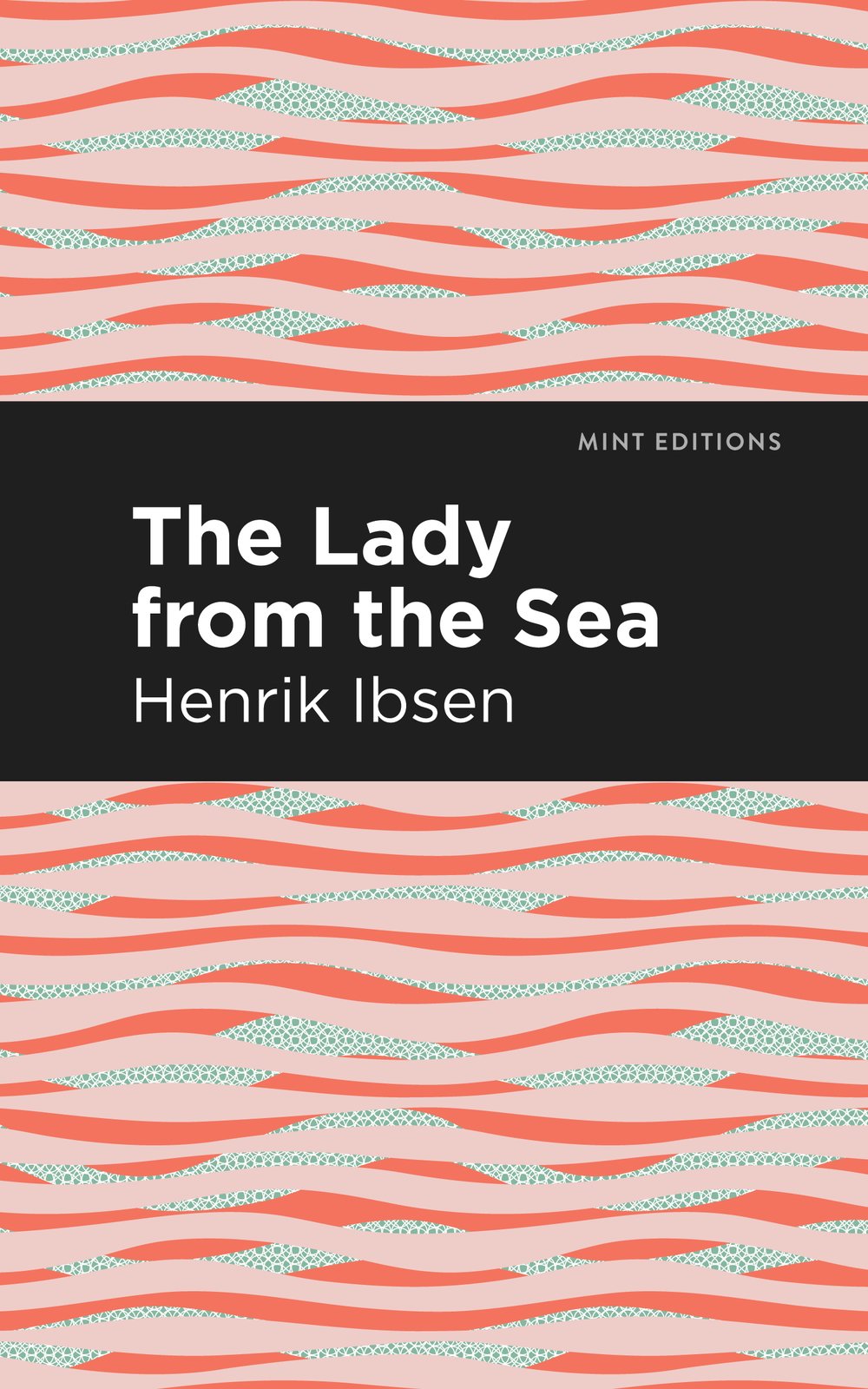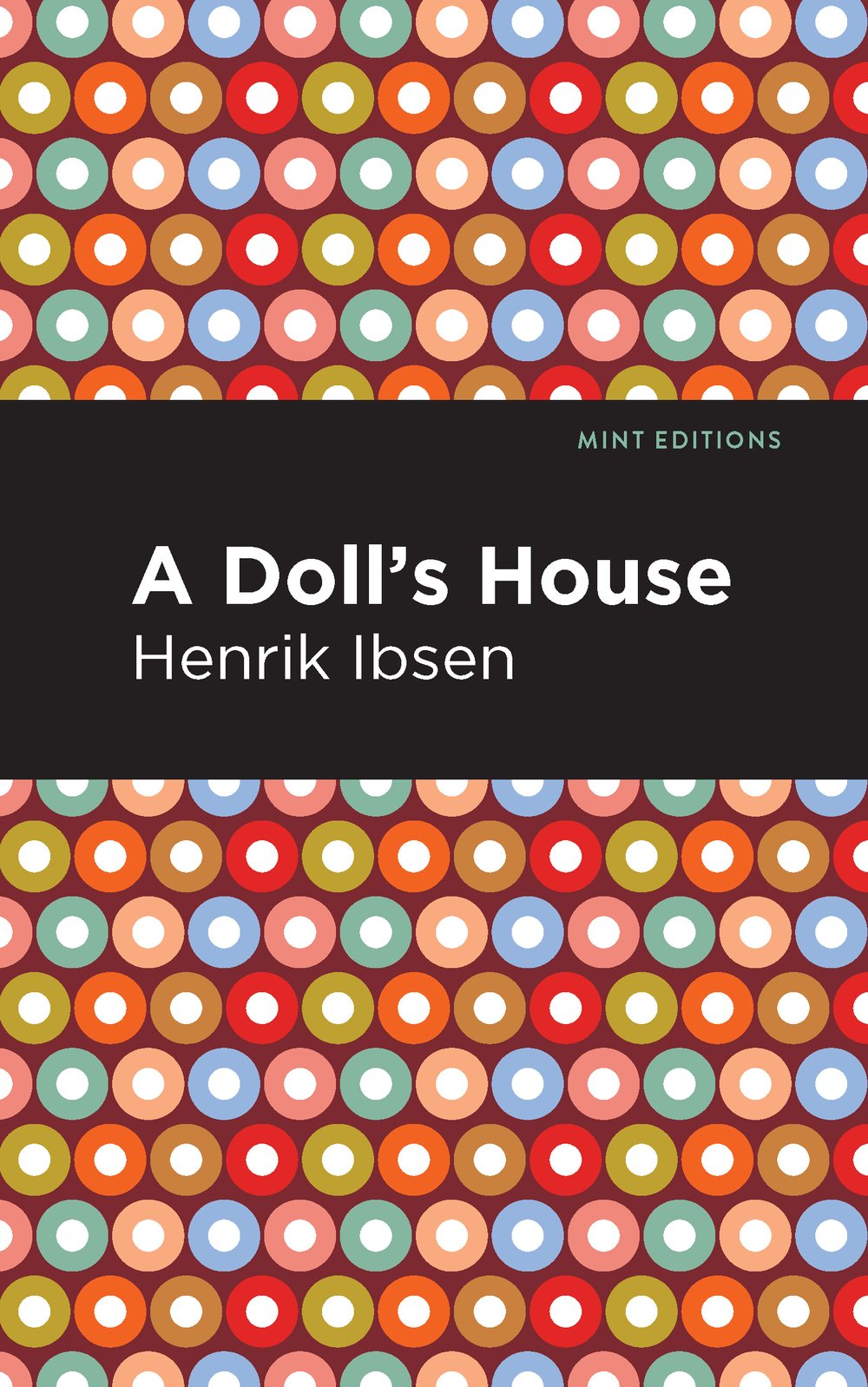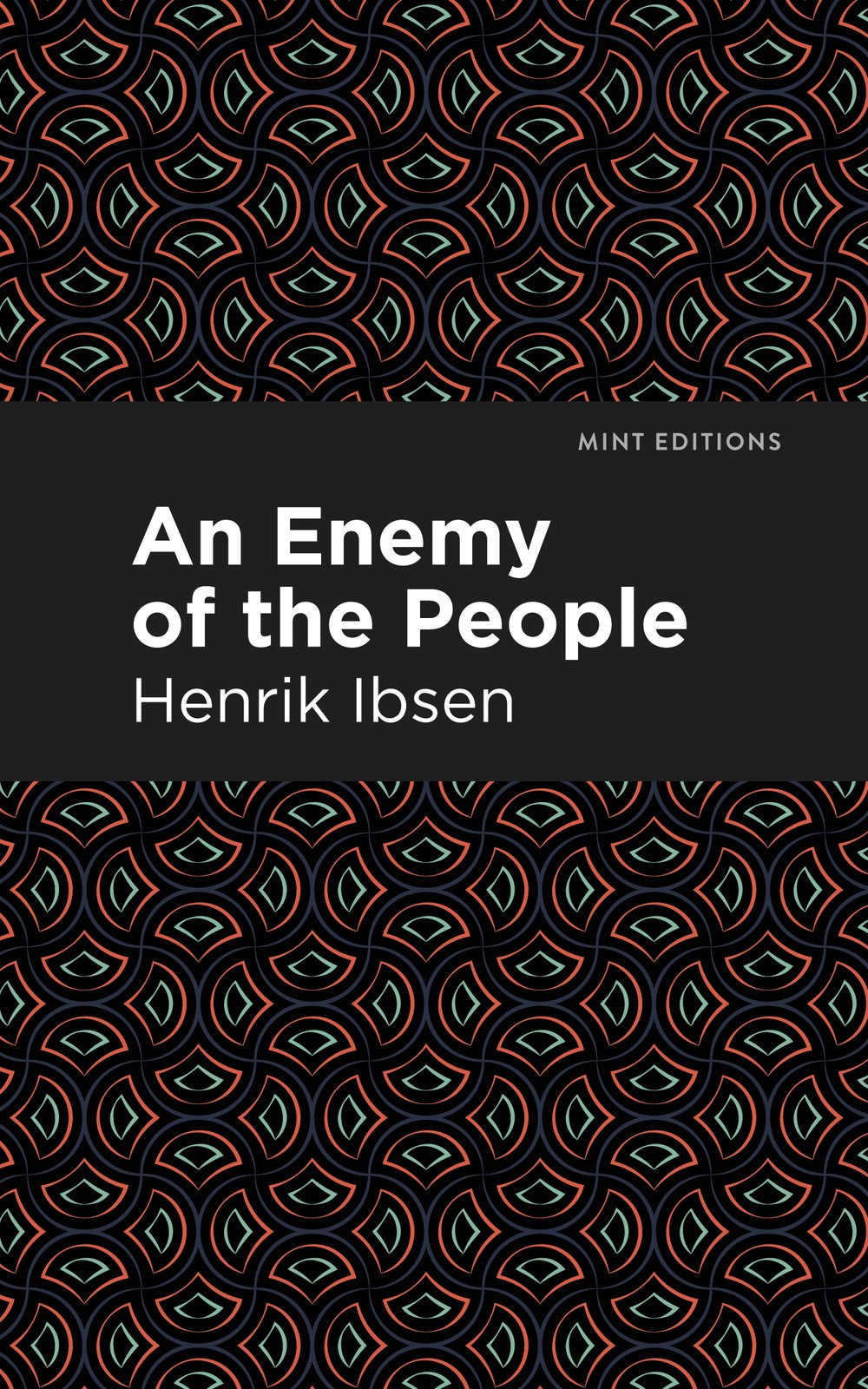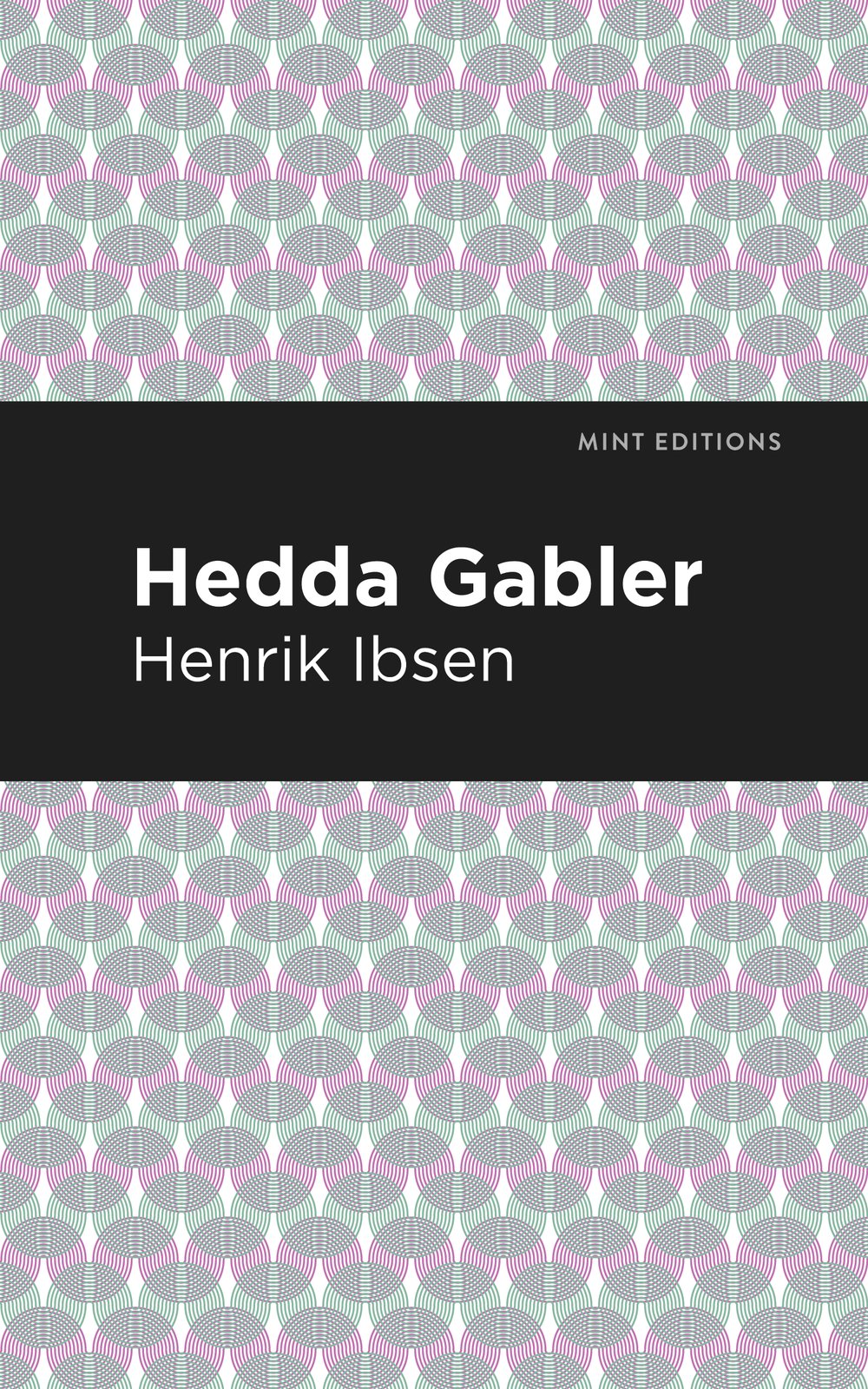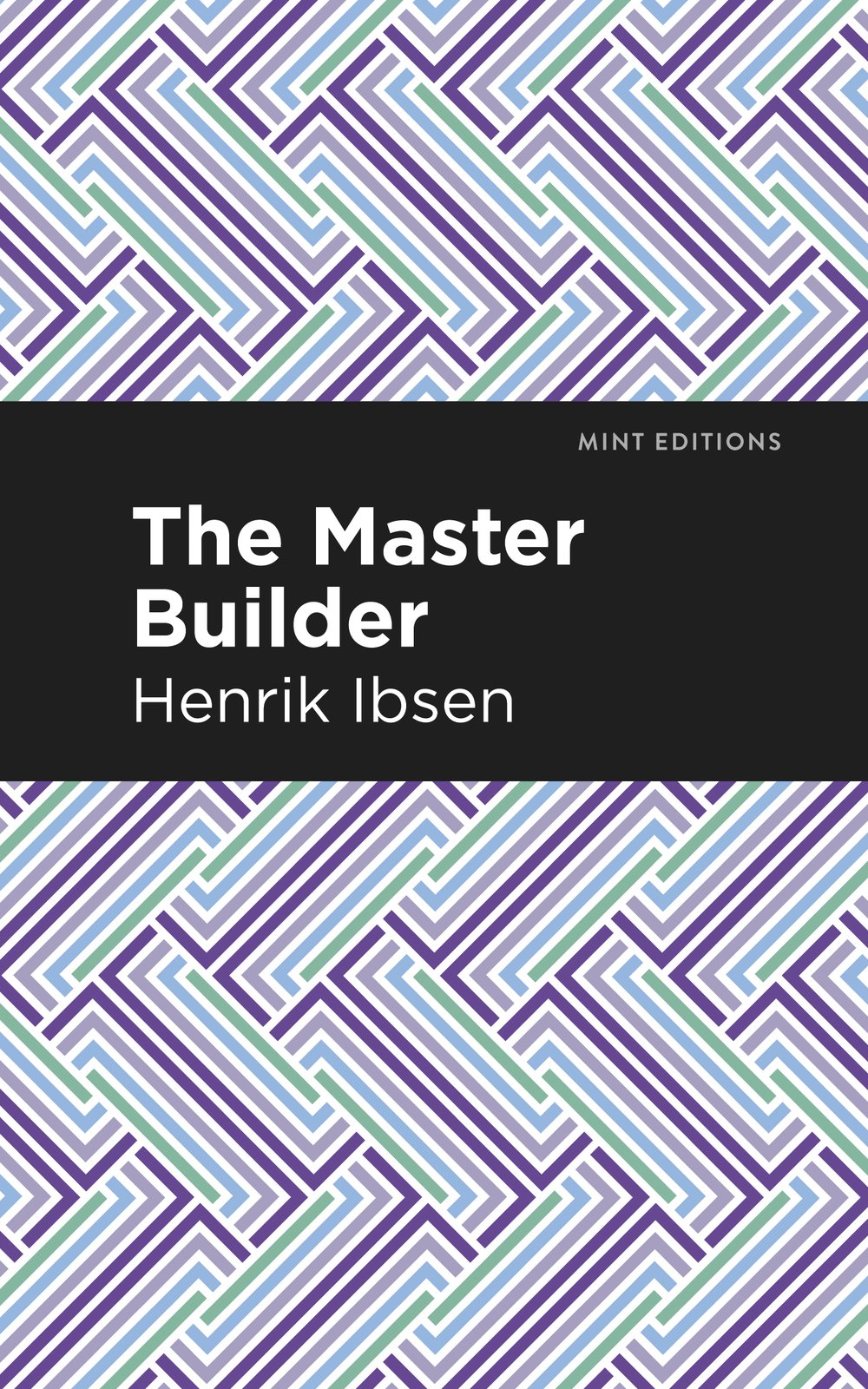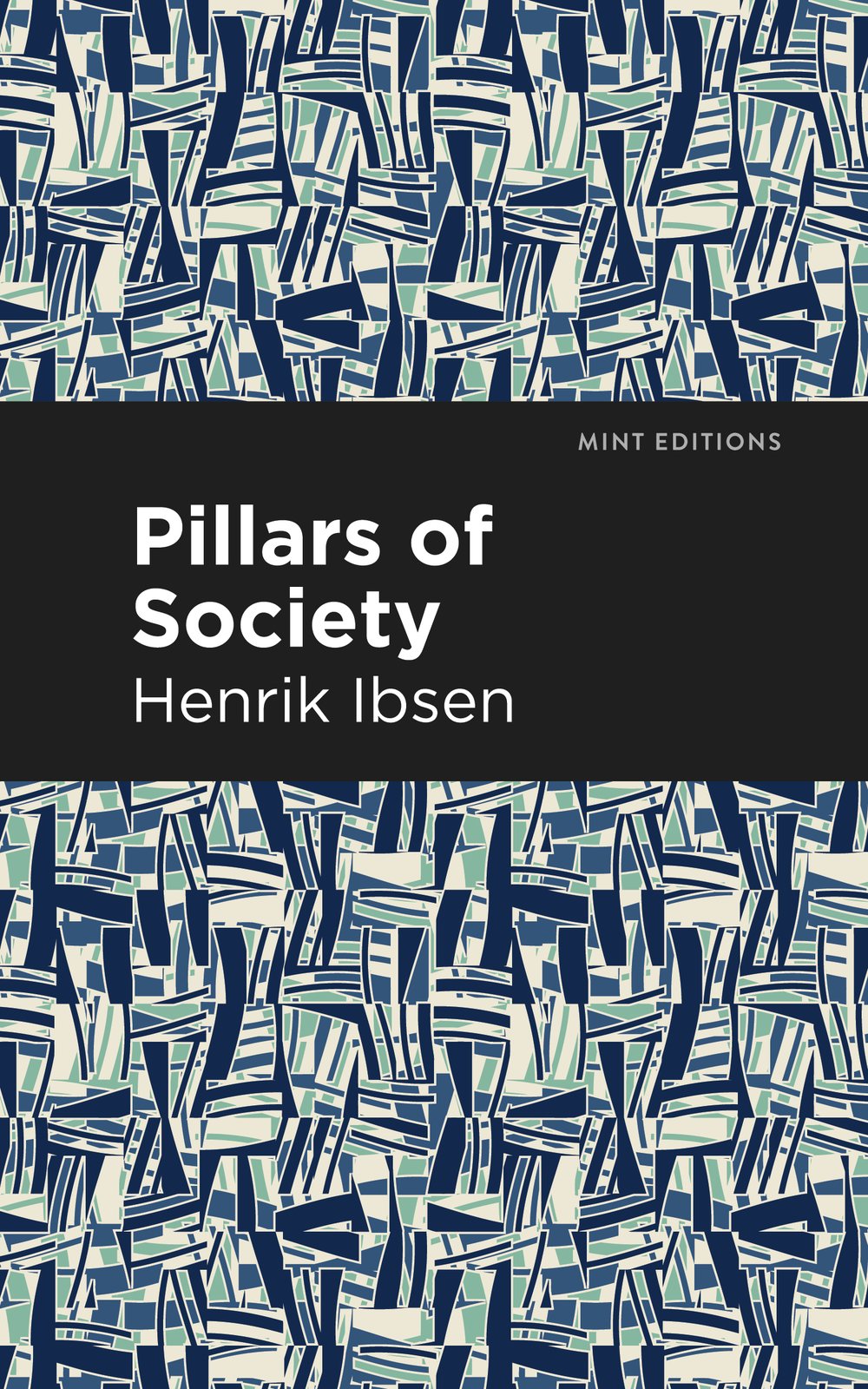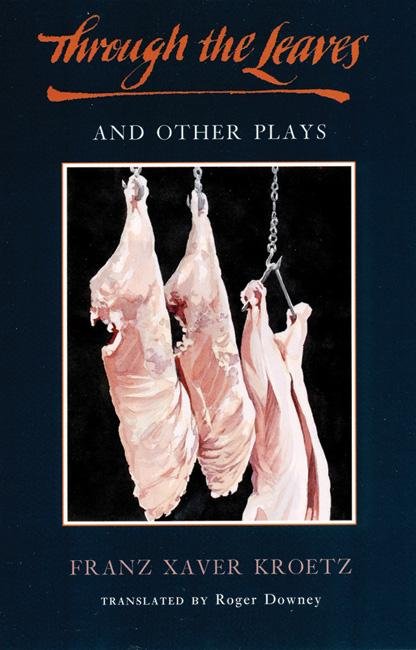Peer Gynt
Before writing the plays in prose for which he would be universally acclaimed as the father of modern drama (Hedda Gabler, The Master Builder, etc.), Henrik Ibsen wrote two of the last great verse epics of the nineteenth century, Brand and Peer Gynt. Based in part on the folk traditions of the playwright's native Norway, Peer Gynt remains one of the key challenges—and greatest entertainments—of the international stage.
By turns comic, tragic, lyrical and fantastic, Peer Gynt is an allegory of the title character's search for complete fulfillment, from the fjords of Norway to the deserts of Africa and back. Rarely translated in full, or in the verse format of the original, Peer Gynt is here made available in a striking contemporary version which restores the poetry and humor so often lacking in English-language Ibsen.
Henrik Ibsen was born in 1828 in the small Norwegian town of Skien. During a 27-year, self-imposed exile in Italy and Germany, he wrote his best-known plays, returning to Norway in 1891 as a celebrated author. He died in 1906.
Gerry Bamman and Irene B. Berman's translations of Ibsen's Peer Gynt, Hedda Gabler, A Doll House, The Master Builder, and The Wild Duck have been produced by Hartford Stage Company, La Jolla Playhouse, Berkeley Repertory Theatre, Los Angeles Theater Center and Arena Stage.

